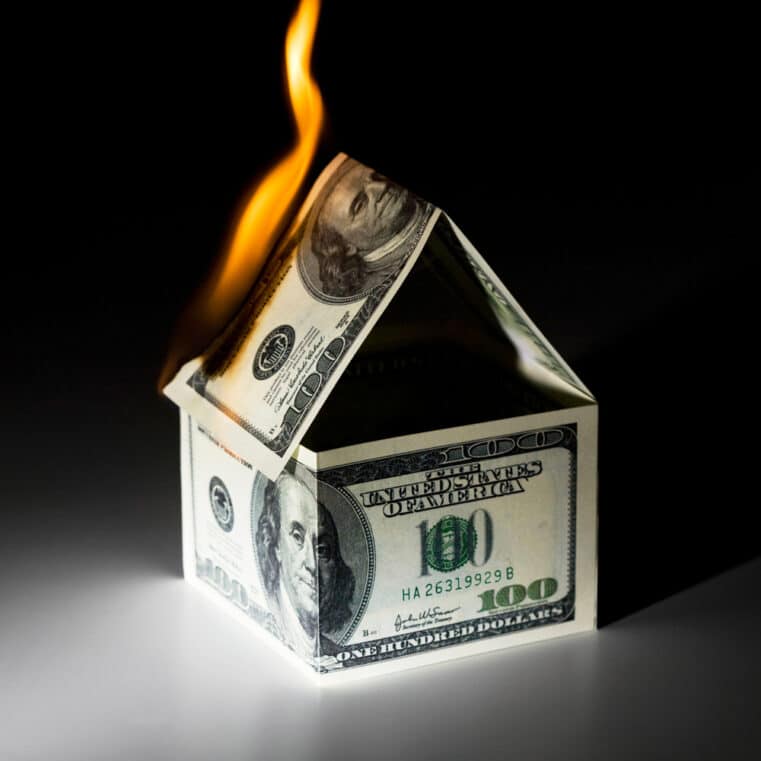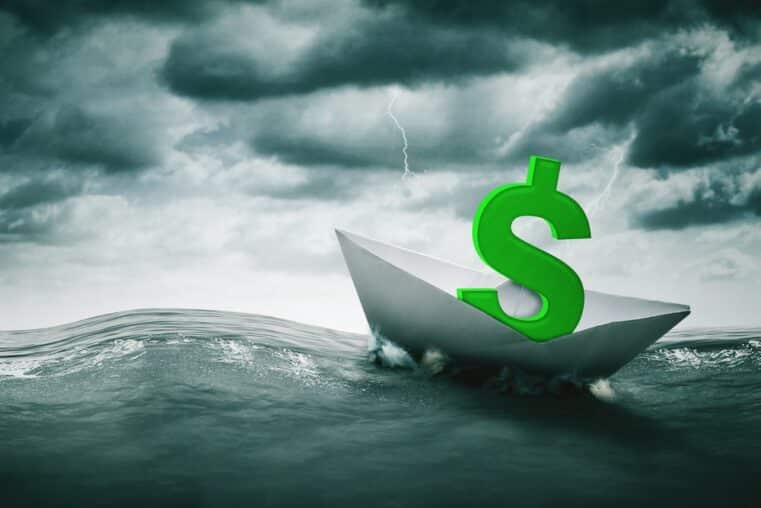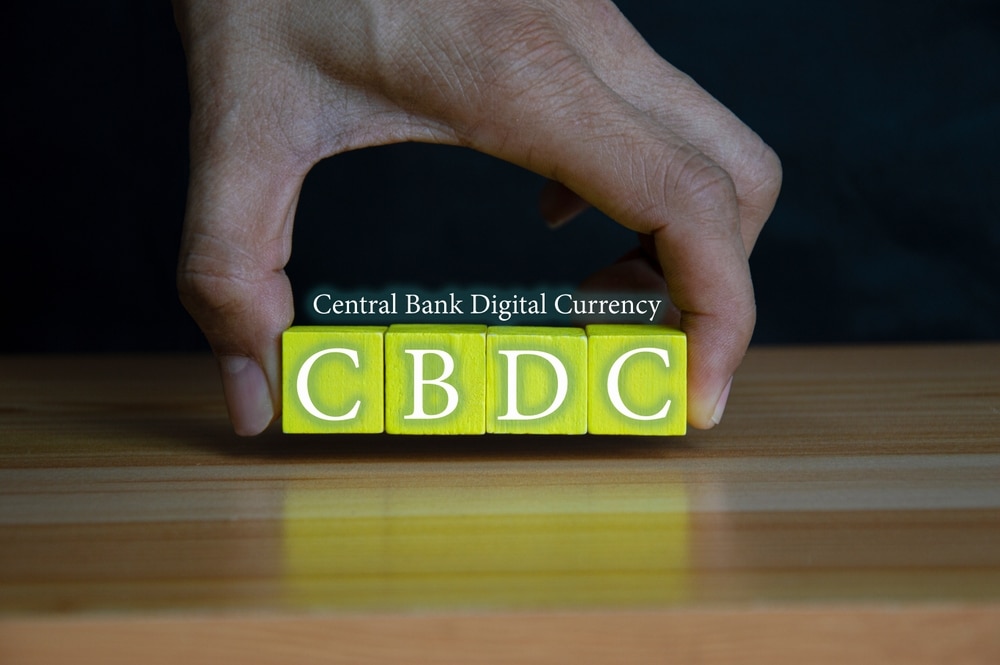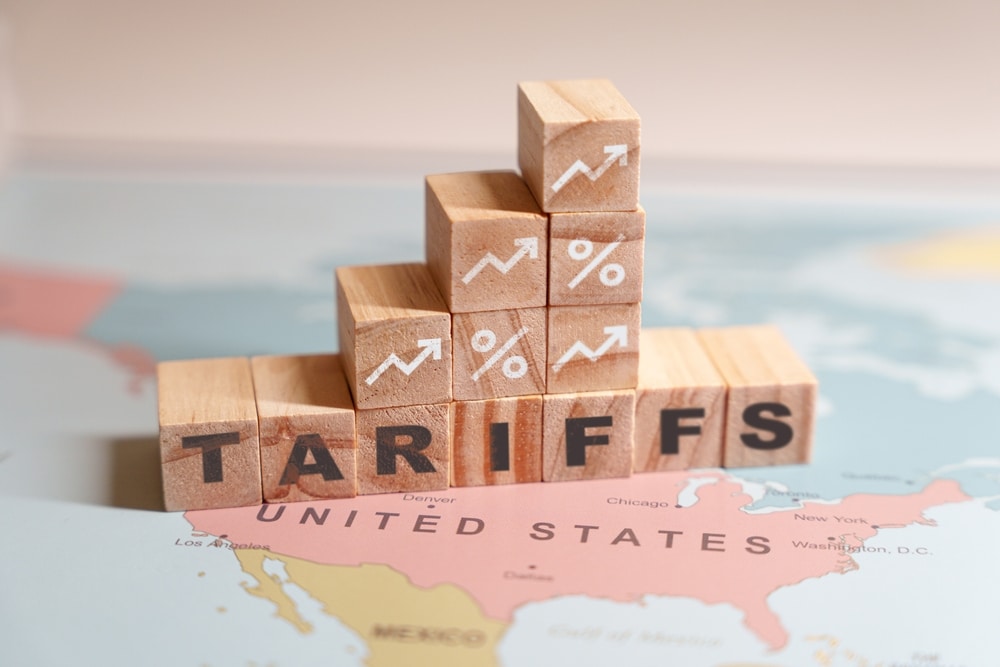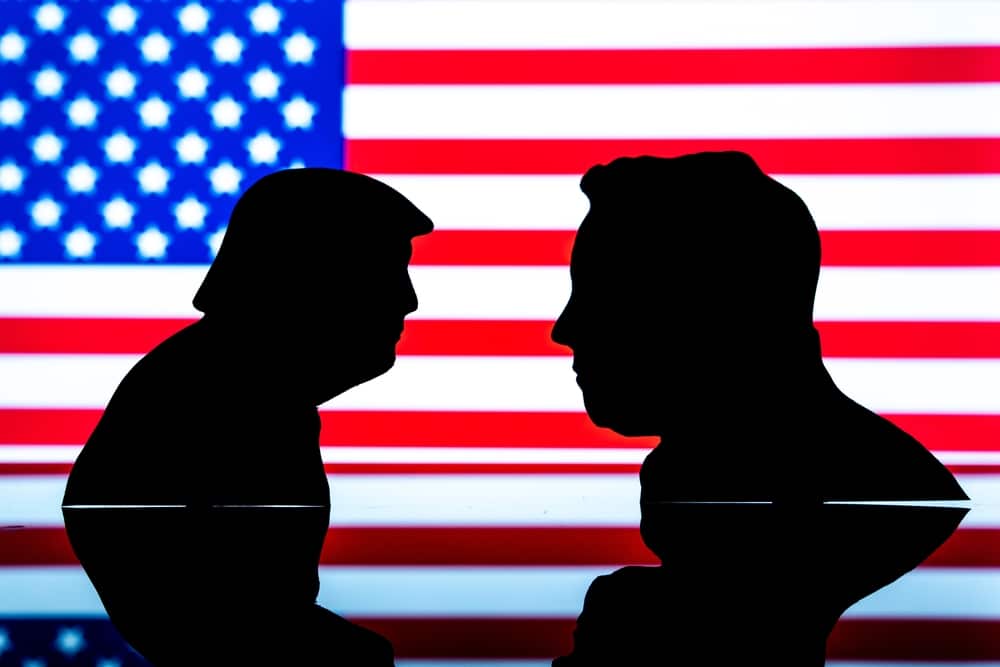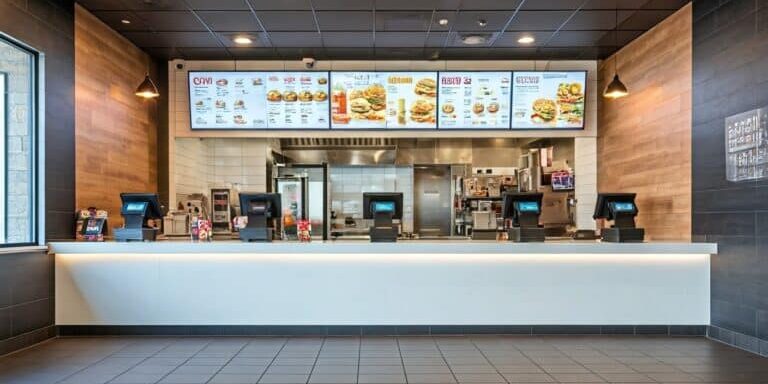
You Can’t Afford McNuggets Anymore—and That’s Just the Start of the McRecession Collapse
Even McDonald’s Isn’t Safe Anymore
You know the storm's real when even McDonald's starts losing foot traffic.
We're not talking about boutique cafes or overpriced salad joints. We're talking about the cornerstones of America's low-cost calorie machine—McDonald's, Starbucks, Domino’s—once seen as recession-proof. But now, even these titans are showing cracks, with the working and middle classes pulling back hard on fast food spending. In the first quarter of 2025 alone, visits from low-income consumers to U.S. fast food joints dropped by “nearly double digits,” according to McDonald’s CEO Christopher Kempczinski. Middle-income traffic didn't fare much better.
A Nation of Shrinking Wallets
This isn’t just a diet shift—it’s a seismic warning.
The backdrop? A potent mix of job insecurity, inflation fatigue, and policy uncertainty, stoked by the latest round of tariffs under President Trump. According to Conference Board senior economist Stephanie Guichard, the public is drowning in what she bluntly called “pervasive pessimism.” And that pessimism is crushing consumer behavior. “Economic pressure on traffic has broadened,” Kempczinski admitted. Folks are eating at home, skipping breakfast, and cutting out the convenience that once defined fast food culture.
The Data Paints a Bleak Picture
Here’s the data that should keep the Wall Street cheerleaders up at night:
- McDonald's U.S. sales fell 3.6%, their worst showing since the pandemic.
- Starbucks reported its fifth straight quarterly decline, down 1%.
- Domino’s says customers are ditching costly delivery for cheaper carryout.
- Wingstop is seeing a “meaningful pullback” from Hispanic and lower-middle-income households.
- Even Chipotle, a darling of the millennial investor crowd, posted its first comparable sales decline since the COVID lockdowns—down 0.4%.
In total, U.S. dining activity across quick-service and fast-casual chains slid 1.4%, per Placer.ai. These are not small ripples—they’re the tremors before a consumer quake.
Taco Bell’s Dollar Menu Victory Lap
One exception: Taco Bell, riding high on its $5 “Luxe Box,” saw a 9% surge in U.S. same-store sales. Yum Brands CFO Chris Turner credits it with providing “exceptional value across income levels.” Translation? While everyone else scrambles, Taco Bell is serving up cheap dopamine to the masses—and grabbing market share in the process.
But don’t mistake one outlier for recovery. This downturn is structural. It’s what happens when decades of financial manipulation, debt expansion, and inflation erode the spending power of everyday Americans. Fast food used to be the last resort. Now, it’s a luxury. If that doesn’t scream economic failure, I don’t know what does.
McDonald's Hopes Snack Wraps Will Save It
McDonald's is attempting damage control—reviving snack wraps and launching new chicken strips—while CFO Ian Borden promises $5 McValue meals will hang on through the rest of 2025. It’s a band-aid on a severed artery.
Bottom line: The McRecession isn't just a cute headline—it's the canary in the economic coal mine. If you think this squeeze is temporary, think again.
Protect Yourself While You Still Can
If this article hit a little too close to home, you're not alone. The system isn't designed to save you. That's why Bill Brocius wrote The End of Banking As You Know It—a brutal takedown of the failing financial order and a blueprint for financial sovereignty. Download his free guide, 7 Steps to Protect Your Account from Bank Failure, at this link.
And if you're serious about staying ahead of the collapse, join Bill’s Inner Circle Newsletter for just $19.95/month. Get uncensored analysis, hard data, and the playbook for surviving what comes next.
This isn’t about fear—it’s about preparation.



